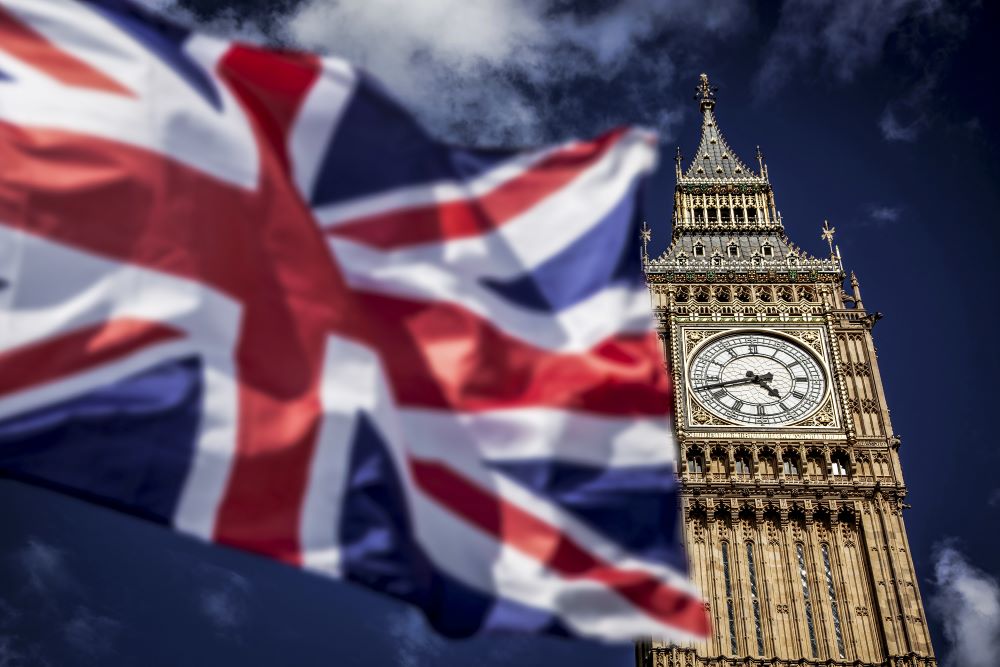
The Trade Bill currently going through parliament is a vital part of the legislative mechanism
supporting the UK’s departure from the EU and its trade rules.
What exactly is the Trade Bill?
Put simply the Bill, introduced on 19 March 2020, provides the legal framework for post-Brexit UK trade policy – in other words, how UK will trade with other countries outside the EU.
It will also allow the government to roll over billions of pounds of existing trade deals that the EU already has with third countries.
Conor Burns, the Trade Policy minister, told The Telegraph in March: “The Trade Bill is an important element of the UK’s independent trade policy now we have left the EU.
“This Bill contains key measures that will provide continuity and certainty for businesses and consumers across the UK as we reach the end of the transition period.
Where is the Trade Bill at right now?
The Bill, currently at the report stage, is having its third reading tonight, with 31 pages of amendments currently tabled.
Much of the debate today, the BBC reports, will focus on the parliamentary process for dealing with agreements, which may have far-reaching consequences for domestic interests. The BBC also says that it is likely that some of the amendments will be forced to a vote.
The Bill is expected to gain Royal Assent before the end of the transition period, 31 December 2020.
What’s in the Bill?
According to www.gov.uk, the Bill covers:
- Agreement on government procurement – ensuring the UK is able to implement its obligations as an independent member of the Agreement on Government Procurement (GPA). Opportunities covered by the GPA market are estimated to be worth £1.3tr per year across the 20 parties to the agreement
- Implementation power – a measure intended to enable the UK to ensure that all elements in trade continuity agreements can be fully implemented in domestic law (via secondary legislation) over time and in all circumstances
- Trade remedies – establishing a new independent UK body – the Trade Remedies Authority (TRA) – to protect UK businesses from injury caused by unfair trade practices or unforeseen surges in imports
- Data collection and sharing – ensuring the UK government has the legal abilities for gathering and sharing trade information



